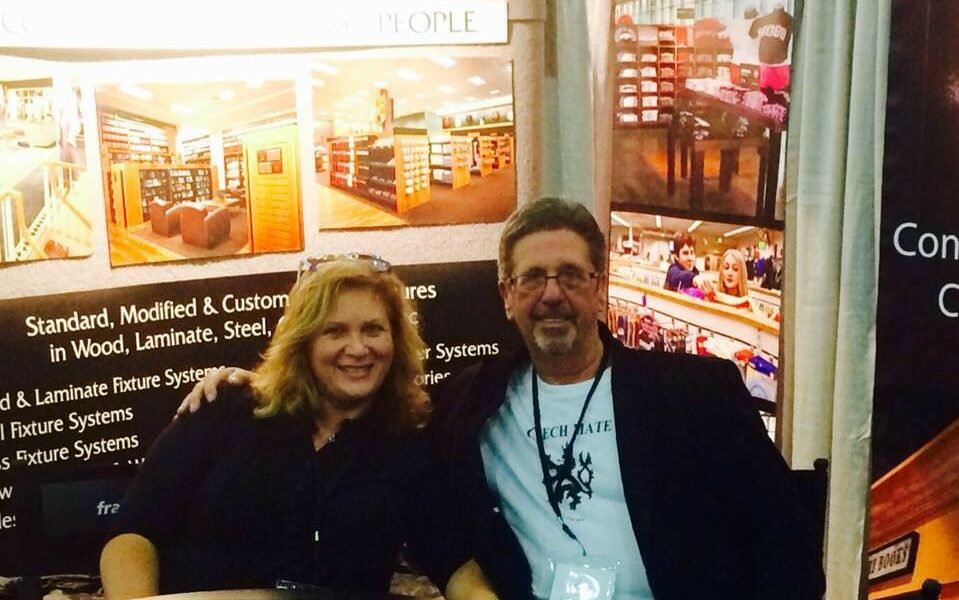

Today we’d like to introduce you to Lisa Uhrik.
Hi Lisa, thanks for joining us today. We’d love for you to start by introducing yourself.
Dave and I started this path at a point most people think about retirement: we call it our “refinement” instead. It began as a working love story: we worked together, respected each other, and knew deeply that we wanted to be together for a long 7 years before we navigated life and became partners in every way. We were so grateful to have this gift of our relationship that we wanted to do something big for as many people as possible.
Dreaming on our back deck, we came up with a plan. In an America with disappearing manufacturing, we wanted to leverage our experience and create a national model of small manufacturing that was sexy and sustainable. Traveling to Barcelona for our honeymoon, we were inspired by Gaudi and the Sagrada Familia — a 100-year dream of the fledgling architect that built a society for thousands of people. Surrounding the cathedral under construction were schools, retail stores, and living spaces — a community that was fed for 100 years by making something beautiful. We wanted to do that.
In working together in manufacturing, we had discovered that almost a full third of the workforce was functionally illiterate — and when we dug more deeply, we found the decline of American literacy across the country. Literacy has always been a passion for me: I studied Developmental Psychology and Organizational Development. When Dave found Franklin Fixtures in Cape Cod — the company that made the shelves for the iconic movie about bookselling “You’ve Got Mail” — we were sunk. Knowing a lot about manufacturing and people, but little about the business acquisition and having only Dave’s 401K funds (much diminished in divorce), we tried to purchase Franklin Fixtures. Supporting independent bookstores didn’t sound like a great idea to the banks, and we were turned down for 17 loan packages before getting a “yes” from the SBA.
In 2015, there was a tremendous need for good-paying, hands-on jobs and we moved Franklin Fixtures as an economic development initiative focused on helping people gain skills and literacy in a business that promoted those things nationwide — serving bookstores, libraries, museums, colleges, and community spaces. So over a two-week period the adventure involving 36 flatbed trucks and exhausting work, we began work in an old, but useful factory in Cookeville, Tennessee.
Can you talk to us a bit about the challenges and lessons you’ve learned along the way? Looking back would you say it’s been easy or smooth in retrospect?
From a cash perspective, we started at the bottom, then we dropped. The reason many don’t attempt manufacturing is that the risks are high and the reward margins low. We acclimated to an “all in” and gave it everything we had — mentally, physically, and financially — and found that working for a purpose was always more important than working for profit. The trick is making this endeavor sustainable for the next generations, which remains our goal.
At one point, we were praying for guidance and trying to determine if we should really just throw in the towel. We received an unexpected retirement benefit of $96,000 — a windfall. Sandi, our colleague who saw scary financials daily, happily encouraged us to take that money and start over. But we saw it as a sign that we should continue and put the money into the business. It got us through three weeks at that point. And the whole journey has been that way.
And we learned powerful lessons — both positive and negative — about trusting people deeply. Betrayals happen to everyone and they happened to us — but we have chosen to keep trusting anyway and found deep partnerships with a top-notch, hardworking team that we treasure.
Working together with this dedicated team, we’ve grown the business by 380% since moving it and have now eclipsed any previous high bar in Franklin’s 49-year history. Now we are able to look at how this company will continue when we leave the planet as we plan for an employee-owned transition in the coming years. New challenges — a broken piece of equipment, COVID, freight scarcity, supply chain availability — come with each day and we think that’s invigorating. And we’re thankful to be building our “Sagrada Familia” together.
Thanks – so what else should our readers know about Franklin Fixtures and Plenty on Spring?
If you walk into an independent bookstore in this country, there’s an 80% chance that you’re going to see at least one shelf or display made by Franklin Fixtures. Building 8-10 bookstores each month, working with architects and designers on some of the most exciting people spaces in the country, it’s fun to name drop: from Jeff Kinney’s “Unlikely Story” bookstore to special spaces all over the famed Sewannee (University of the South) campus to the Visitor’s Center in Boston — we are connected with happy customers and friends in every state.
In the past 7 years, we’ve become more sustainable: we’re proud of our solar-powered factory, reclaimed materials, processes that yield 1-2% waste, and especially of the workforce that includes partners from recovery communities that are rebuilding their lives. We’ve improved lead times from an average of 14 weeks to a solid 4 weeks for some customers, 6-8 weeks for standard products, and 12-14 weeks for most special orders. We offer 3D visualization and planning services as a value add for our customers and are proud of our price competitiveness and the fact that Franklin Fixtures are the only assets other than a building that can be collateralized for 20 years — this is due to their strong resale value and demonstrated lasting performance.
Dave and I work hand in hand — he with the daily operations and me with marketing, plans, and financial structures. Last year, we even opened a non-profit bookstore of our own called “Plenty on Spring” with the intention of using it as a laboratory for learning for all who are interested in connecting books with people. It’s our intent to build a strong foundation and fully transfer that bookstore to inspiring manager Ashley Michael in the coming years.
And we’re privileged to partner with a key customer — Five Star Food Service. They’re leading the field in building community spaces (aka break rooms) for all manner of businesses. We have enjoyed the challenge of helping them get a product that looks and performs better than others and is devoted to helping them achieve their visions for customers. No community can exist without communal eating — and they are building stronger communities every time they serve a customer.
And most recently, we’ve added the production of specialty hardwood garage doors in another manufacturing entity — also with the hope of fully transferring a long-standing, valuable product to the next generation of makers.
We love the work that we call a “Wheel of Plenty” where all the activities connect and feed each other. When one segment of our work improves, all the others are lifted with it.
We all have a different ways of looking at and defining success. How do you define success?
Success is helping people build the thing they dream of building.
Success is being able to pay people well and contribute directly to our local economy. It blows our minds that we have the privilege of lifting over 100 families.
Success is creating the foundations for these things that will last far beyond our lifetimes and feed families, inspire skill-building, and help people grow for the next 111 years.
Success is getting up to new challenges and tackling them together, in love, every day.
Success is feeling like we’re entering our prime — at every age.
Success is doing more than we thought we could do and being part of something that is bigger than we could have dreamt or imagined.
Contact Info:
- Website: www.franklinfixtures.com
- Instagram: @franklinfixtures
- Linkedin: Lisa Uhrik
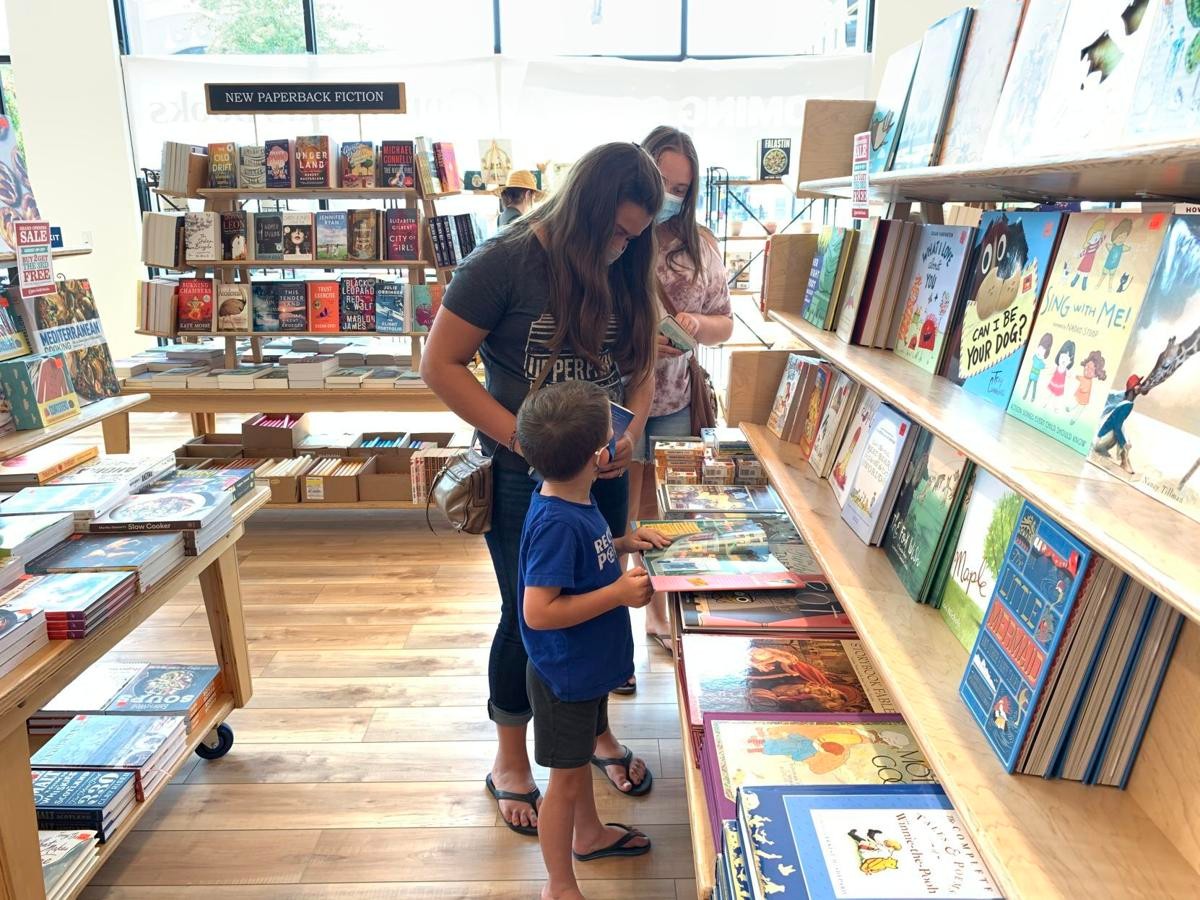
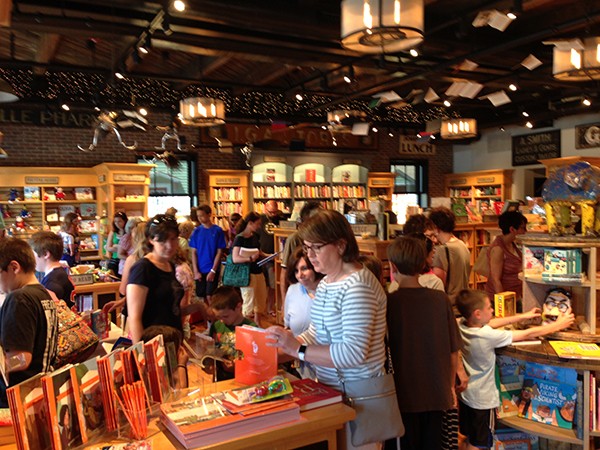
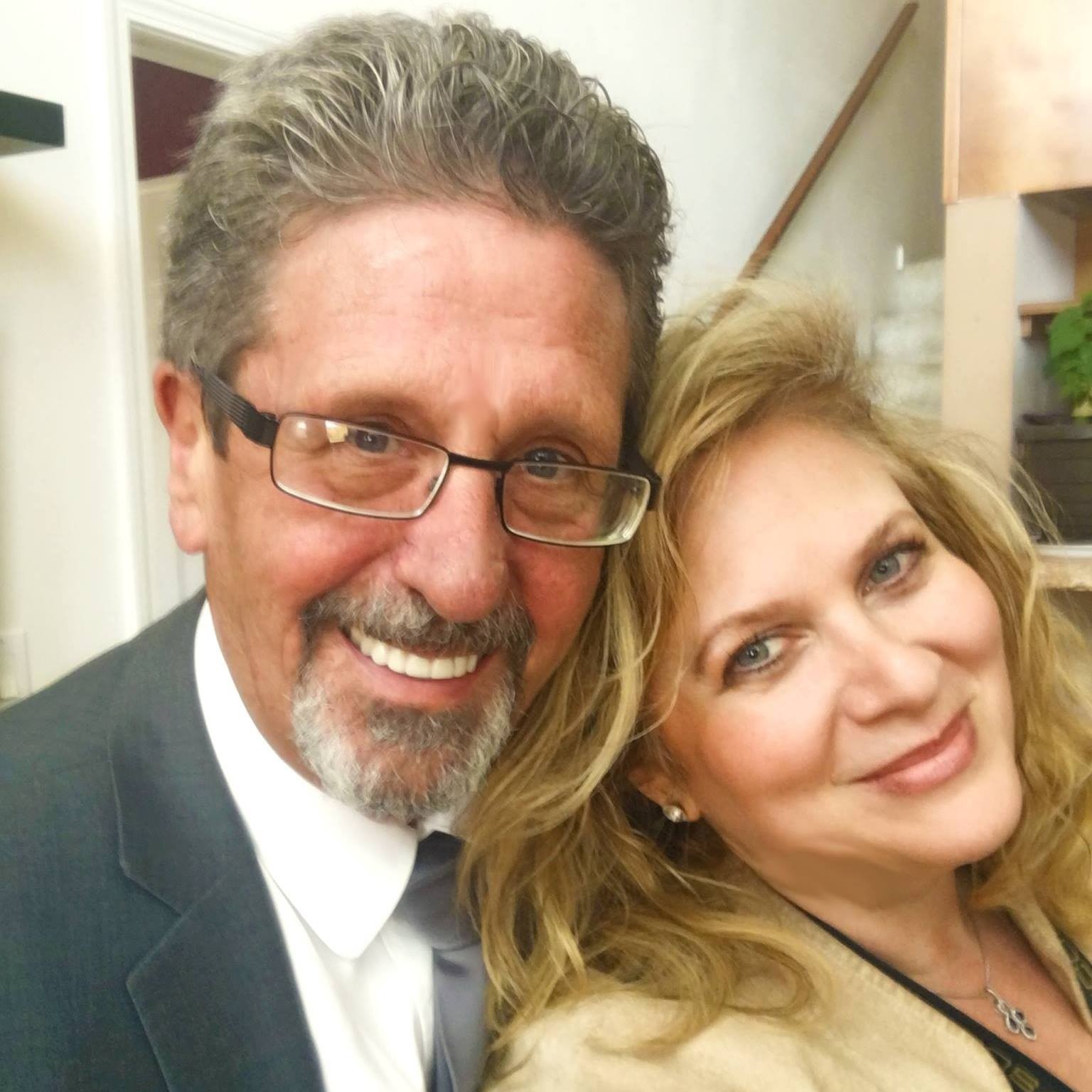
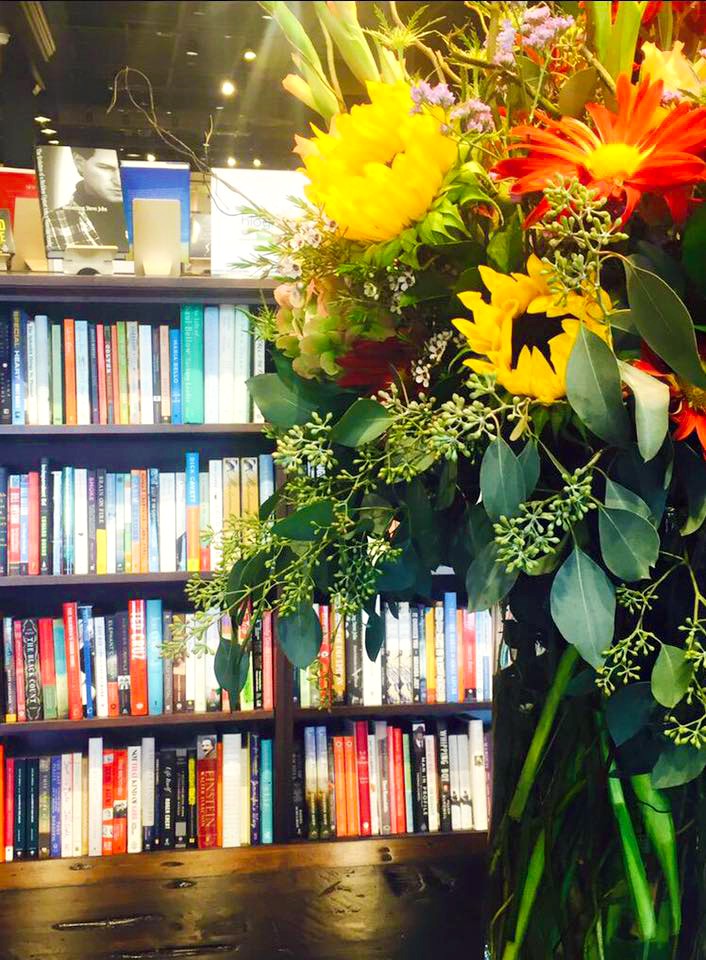
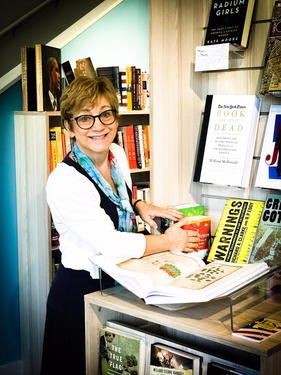
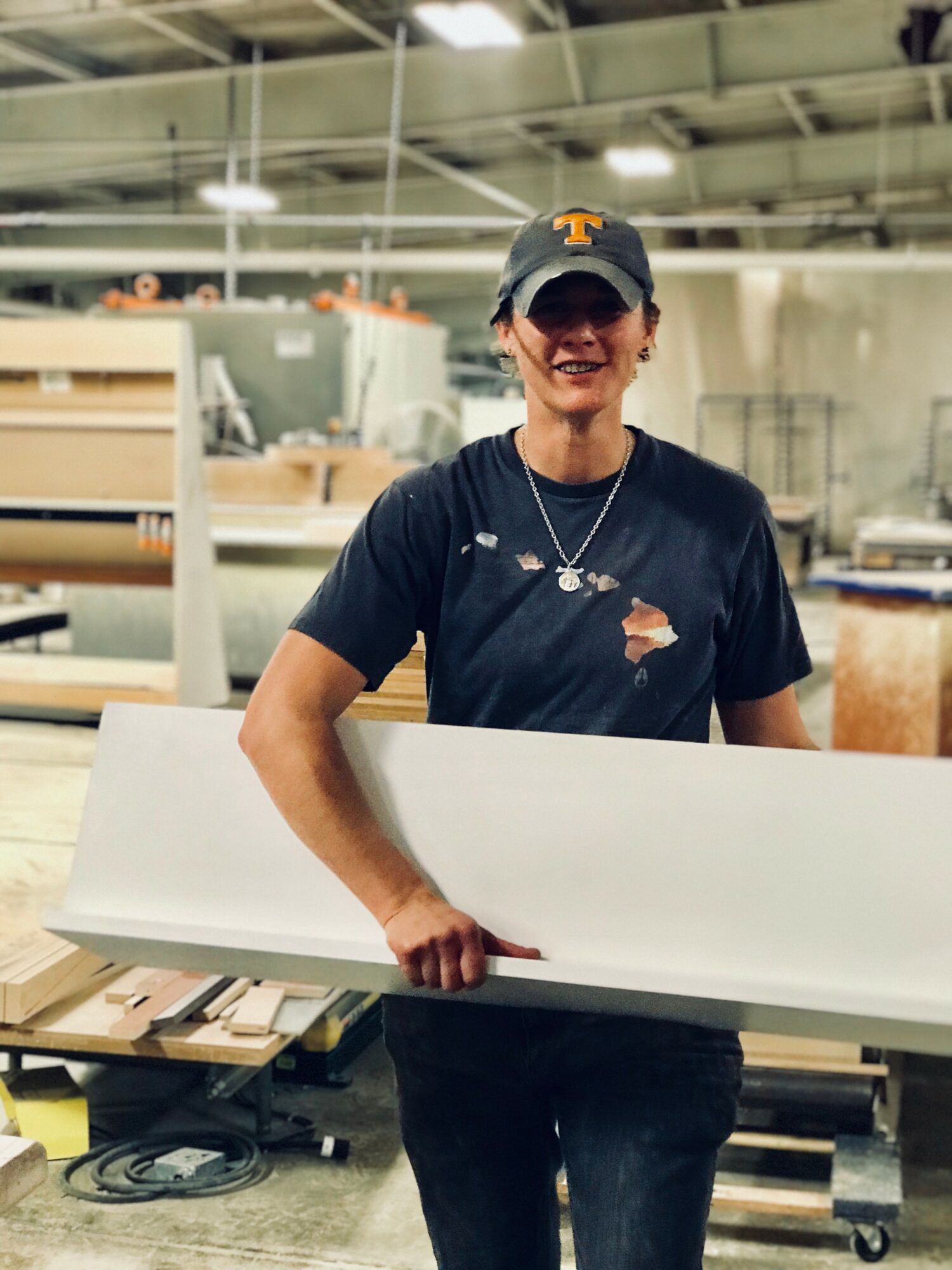
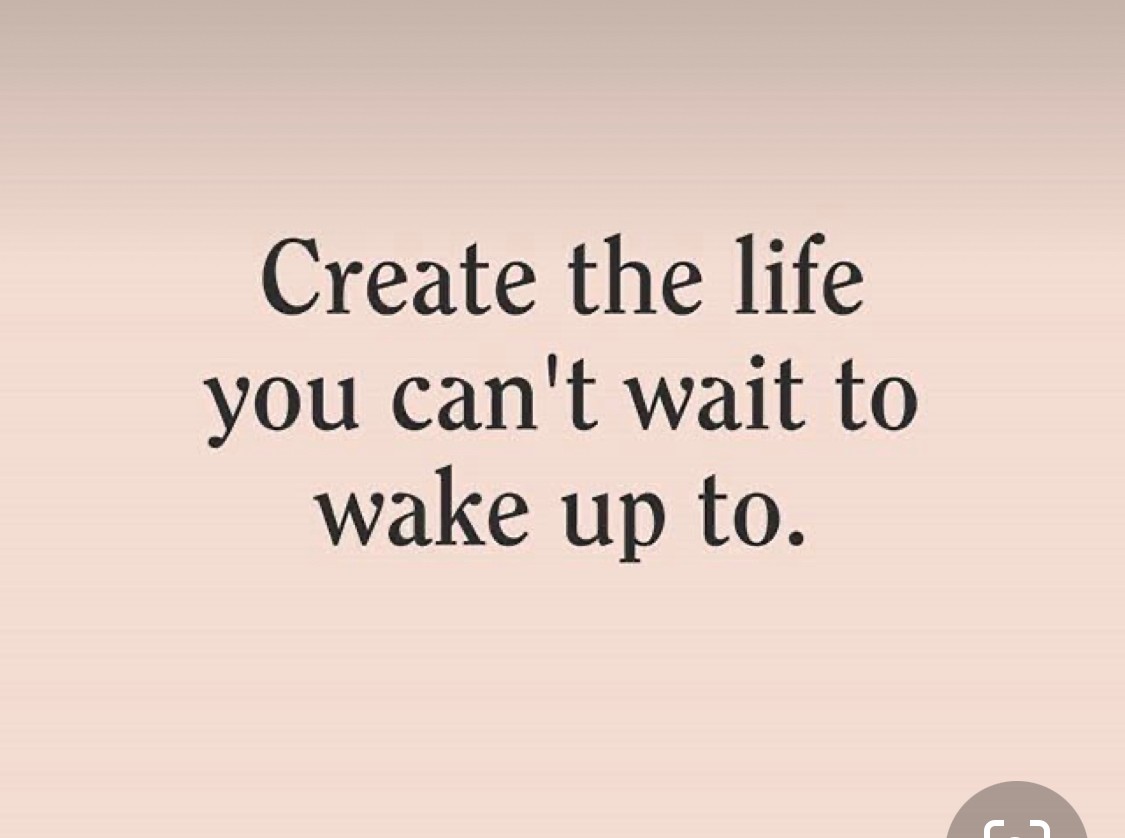
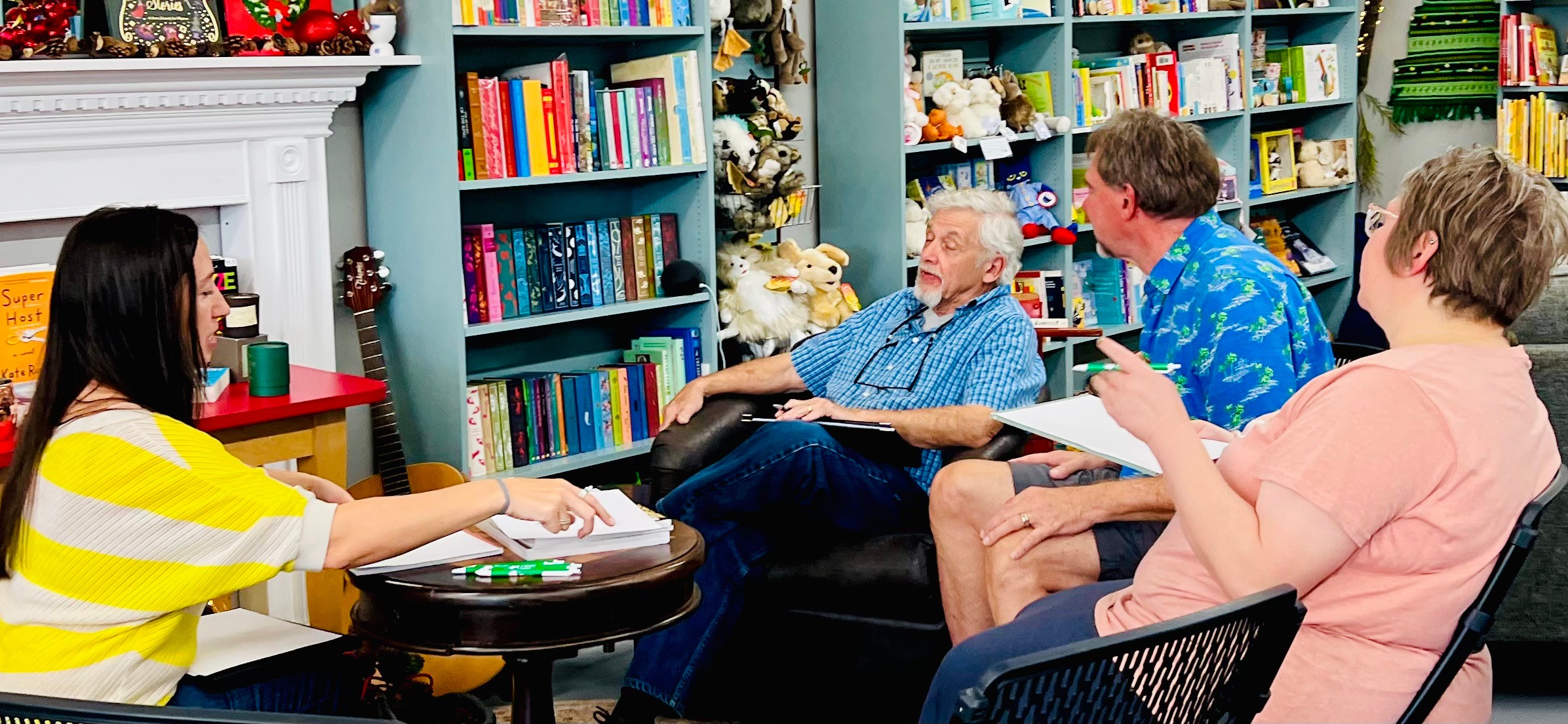
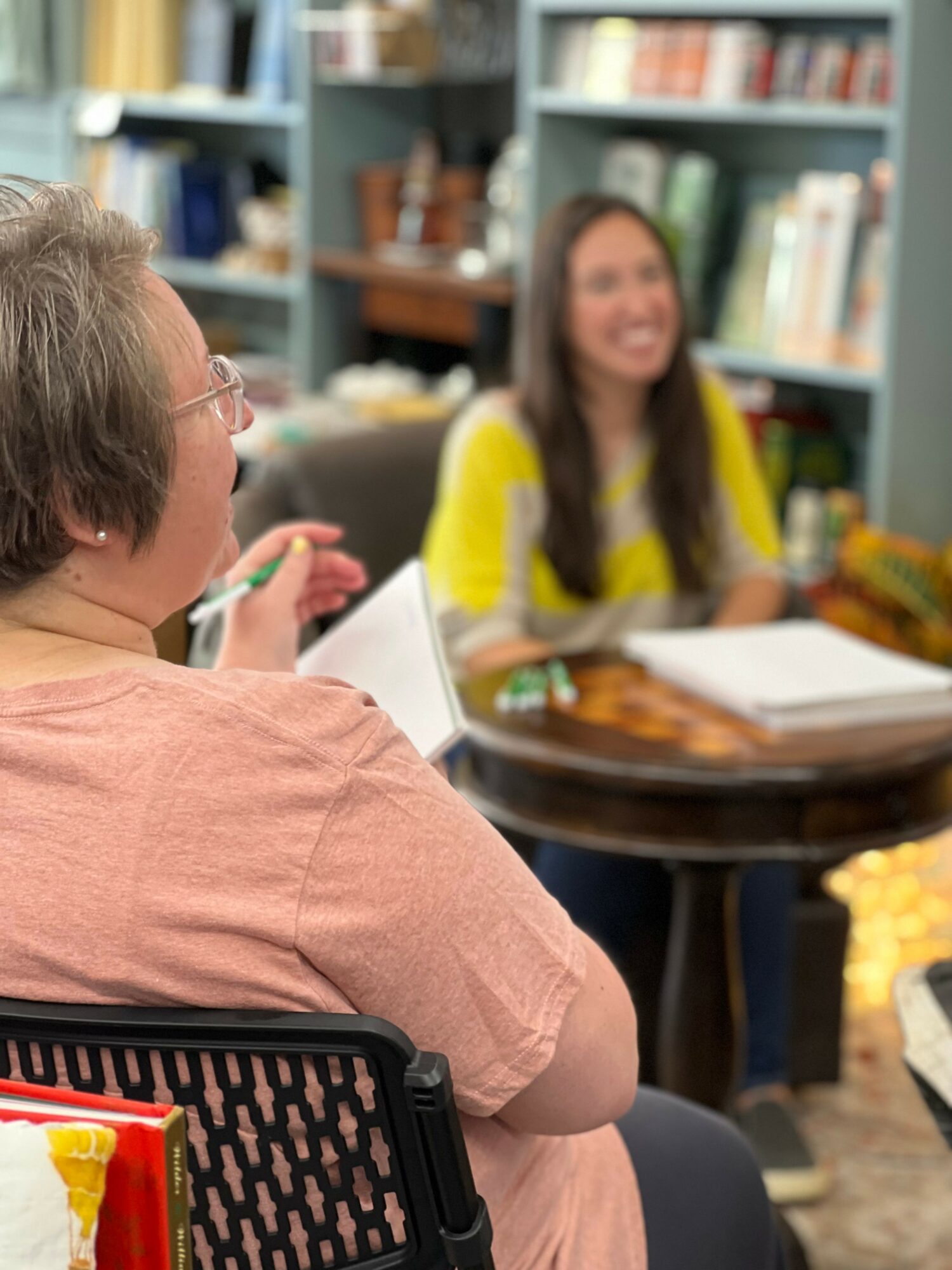
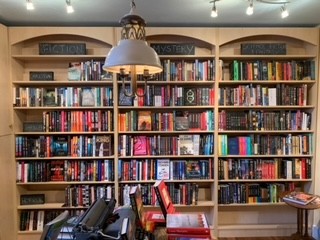
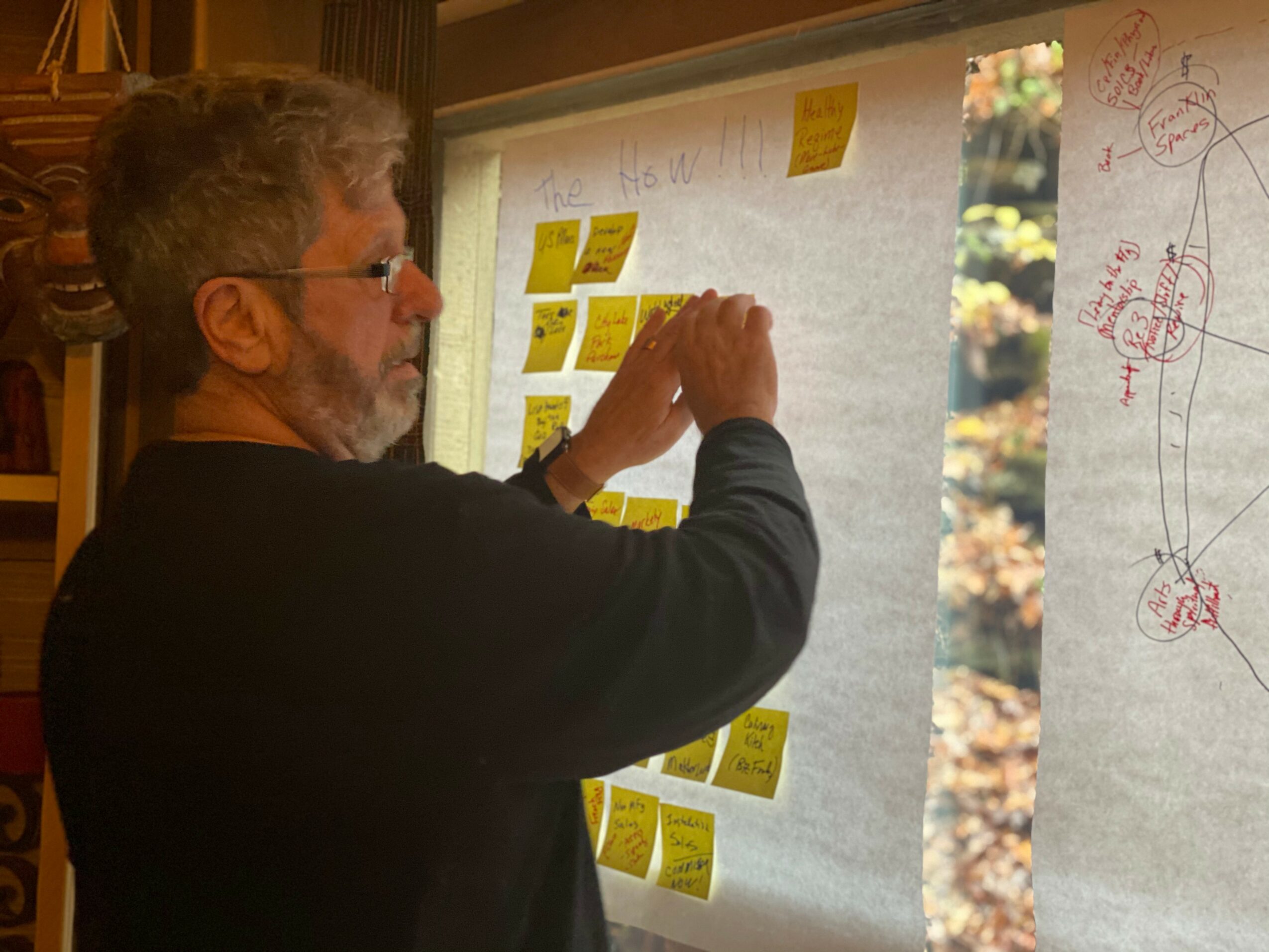
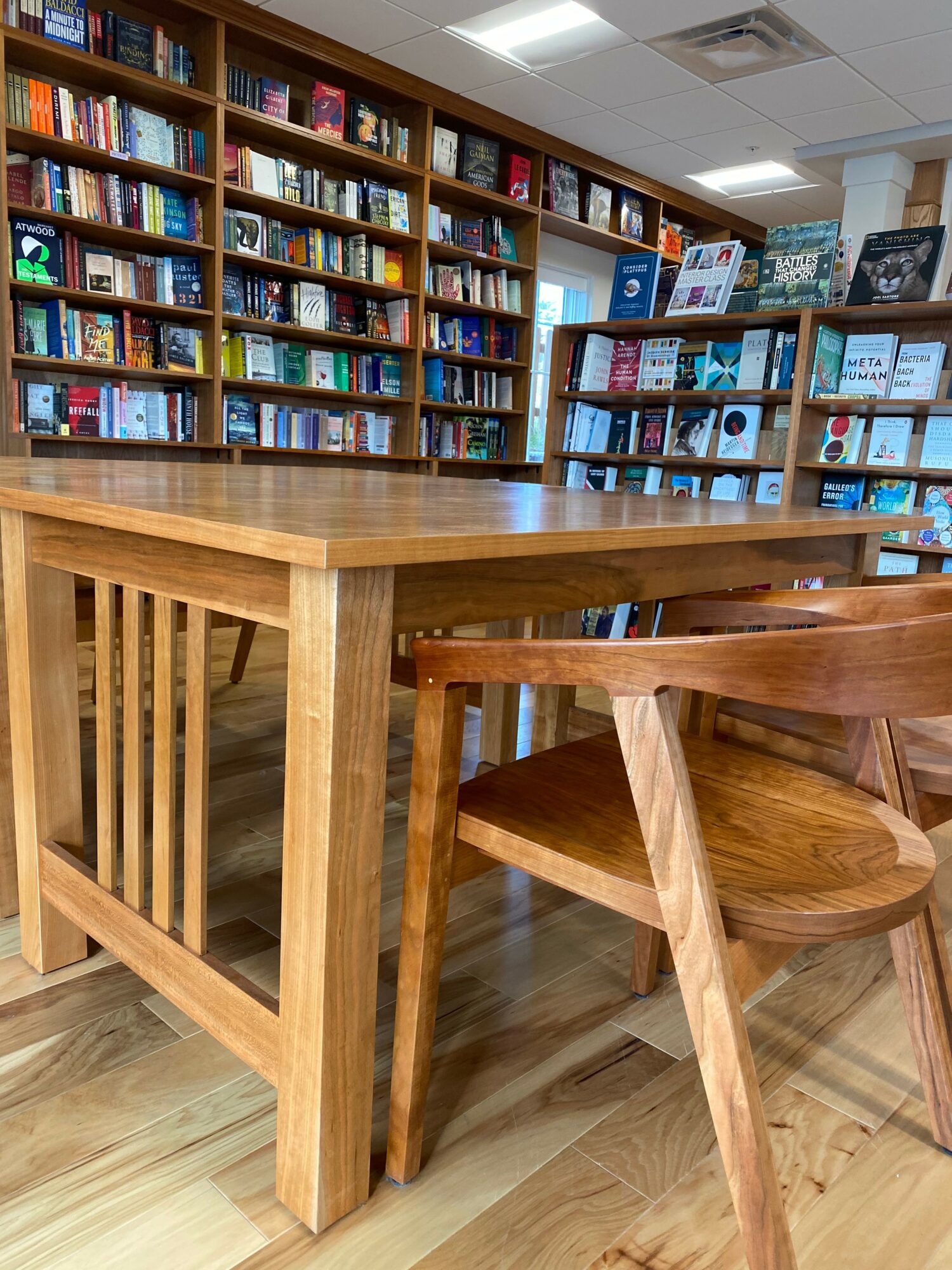
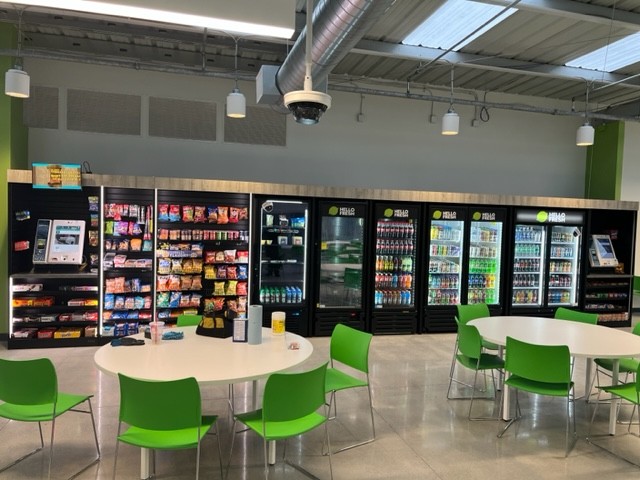 Image Credits
Image Credits
Lisa Uhrik, David Uhrik, and David Uhrik, Jr.












